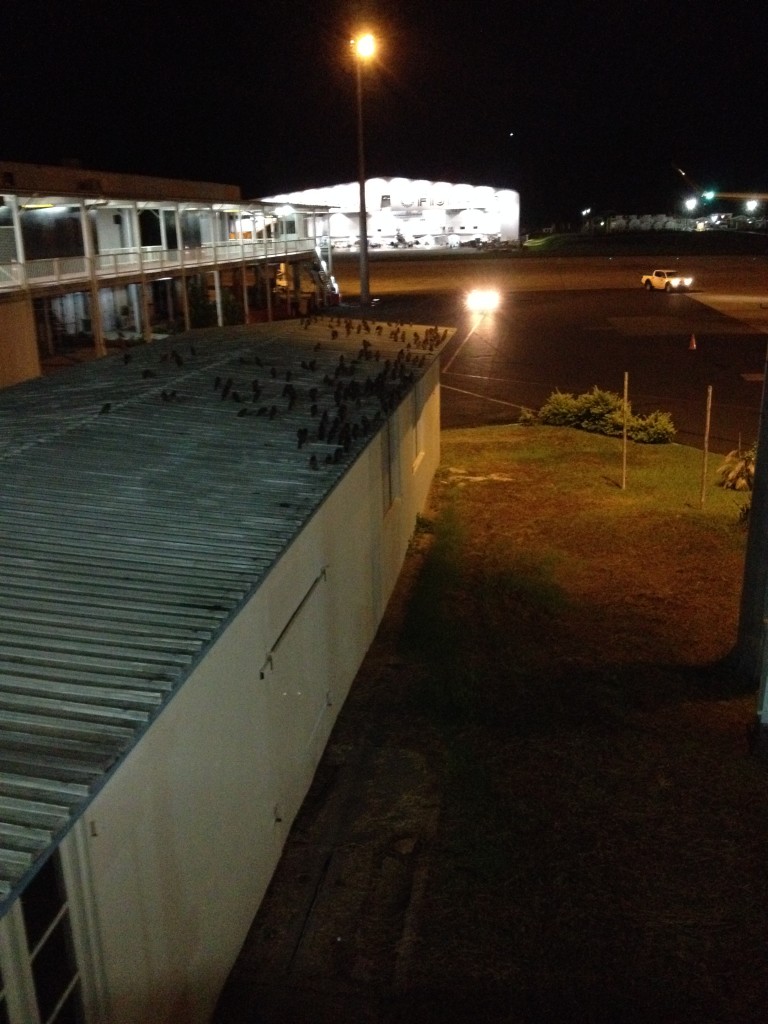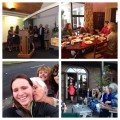In the Unites States, it feels like we are the center of the world. There is no second language and everyone knows or should know (in American opinion) English. We know we are a powerful country and certain unconscious thoughts feed into your mind because of that. And these thoughts will bleed out when traveling internationally, too, and sometimes it’s not pretty for either party. I’ve been traveling since I was a baby (a mother from New Zealand will do that), but I never started to realize my own American spoiled nature until recent travel experiences. Even though I consider myself an open-minded and culturally-sensitive person, some American travel habits can be just plain dumb. You can learn a lot from traveling as an American–about yourself, your habits, and other cultures.
1. You expect everyone or at least someone to know English. Despite being in a world filled with thousands of languages, I expect at least someone to know English. Usually I’m lucky because I am in airports or in touristy spots, but what if I’m not. It’s a valuable lesson to grab a language book or just to study up on at least 10 important words and phrases.
2. You expect people to take USD or at least Visa. This is often not the case. It is so important that you take out money before you leave the States. It could even be last-minute in the airport (hi, that’s me) or earlier on for a better exchange rate. You don’t want to be caught in foreign country without the proper currency. It simply isn’t worth the chance.
3. You expect everyone to have American power sources. I facepalmed myself when I realized I had forgotten to get a power converter for New Zealand power sources. An American plug won’t even fit in one, let alone what it might do to the electronic. In this day and age, we all have multiple electronic constants, and sometimes they are our lifeline. I had a 12 hour layover in Fiji and LUCKILY for me, they had a power converter I could buy. If we let those go to zero, then what happens? Do some research on the place you’re headed to and see what kind of power sources that country uses. It’s better to stay charged then go lights out.
4. You expect someone to help you. Connected to #1, we expect people to be on our side. And usually, people are accommodating. However, what if we aren’t? As Americans, we have a dependency on other people to help us. I believe that we should carry maps, translation books, trail guides, hotel accommodations, and more so that just in case we are in a bind, we don’t have to resort to dangerous methods. People are different everywhere–we can’t just expect them to follow our same customs and ways of treating others.
Those are a few things I reflected on during my last bout of travel. I’m not saying all Americans expect this, but I think these four rules are good to look into when you are preparing for travel. Traveling is a big deal! Take it seriously and you should be okay. Oh, and don’t forget to have a lot of fun. Keep your eyes open, get off your phone, and enjoy the people, the sights, and the food. And as always, stay hungry and fit!
BONUS PUPPY PIC














I think when we re-learn (or maybe learn for the first time) how we should be properly eating, we develop a healthy eating relationship with our diet, and maintaining our weight is relatively effortless. My boyfriend and I lost quite a bit of weight combined (http://wp.me/p5NIsT-14) and we’ve kept it off. We feel so much better now that we’re giving our bodies what it really needs.
Funny – I’m just finishing up a business + pleasure trip to Costa Rica, and many of the “expectations” you list are actually true here. The outlets are 110, and the power is reliable (except when the hydro workers go on strike). Most places accept credit cards, and happily accept U.S. currency as well (you will get change in colones, though). And around the capital and wealthier suburbs, there’s lots of English spoken. Even a lot of stores have English names.
That said, there’s lots of readily available evidence that you’re not in Kansas anymore, and being patient and attempting to learn about the language and culture can go a long way.